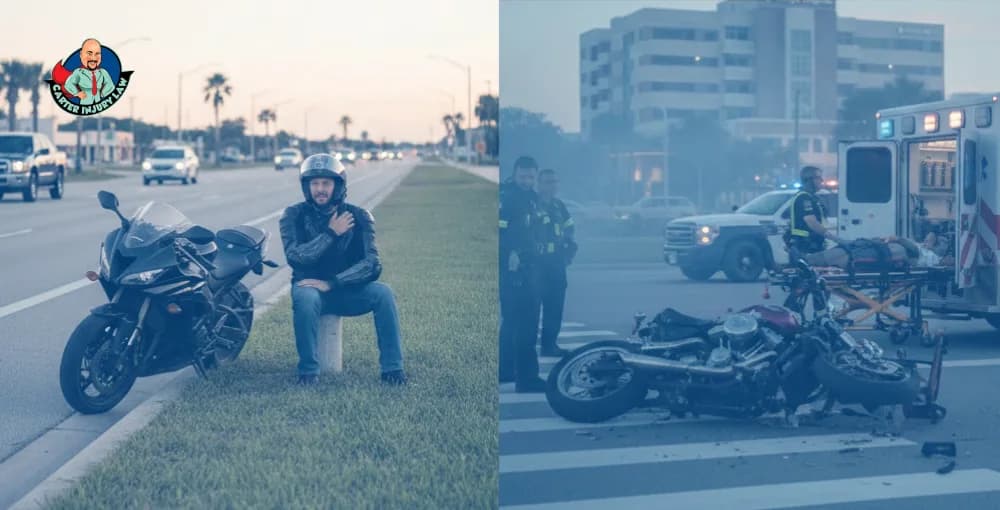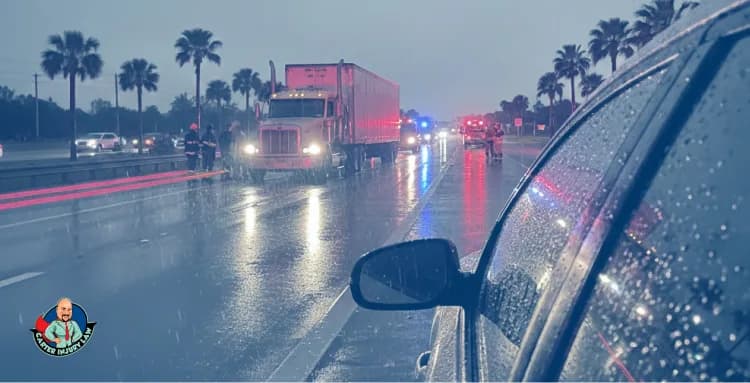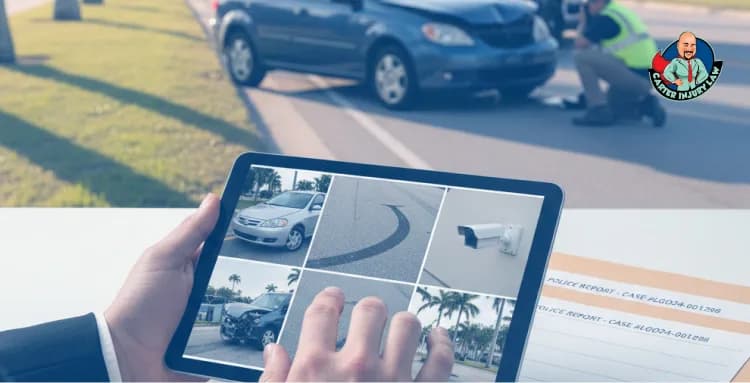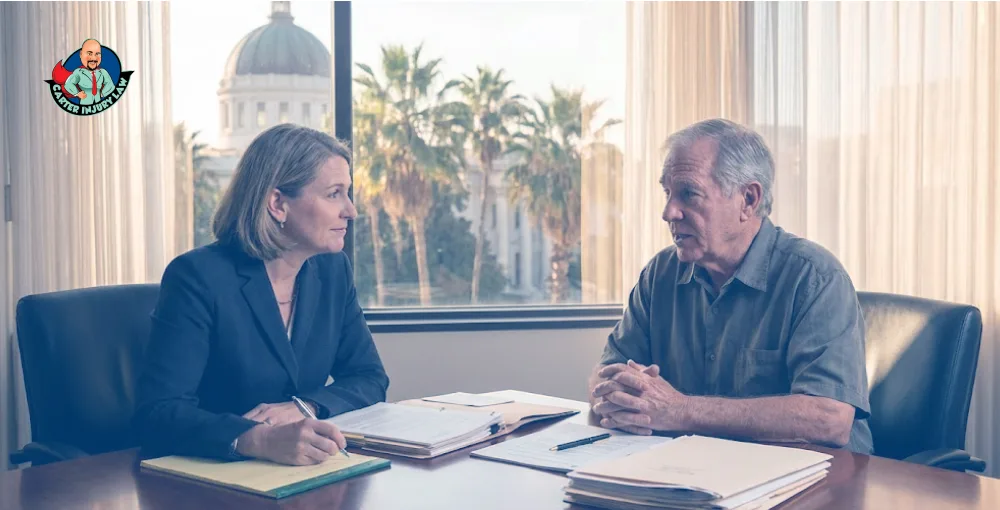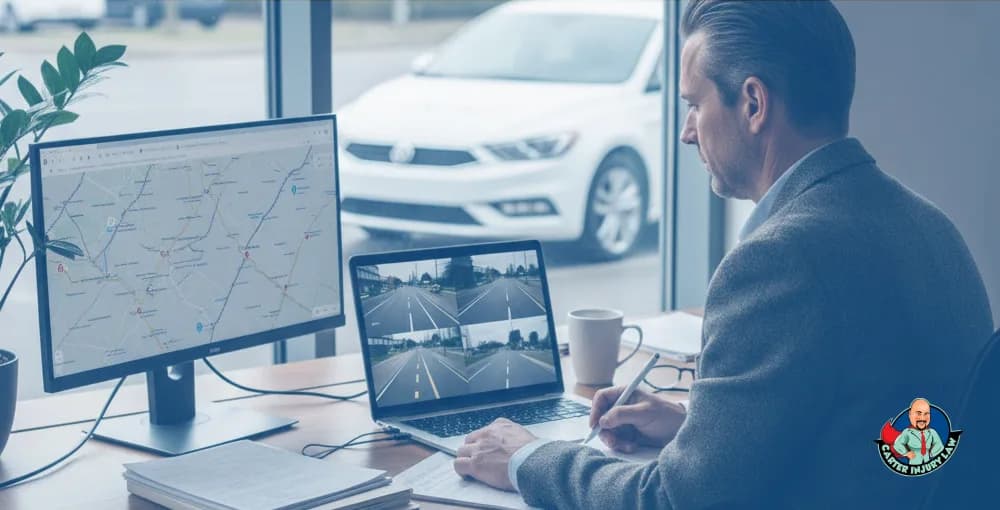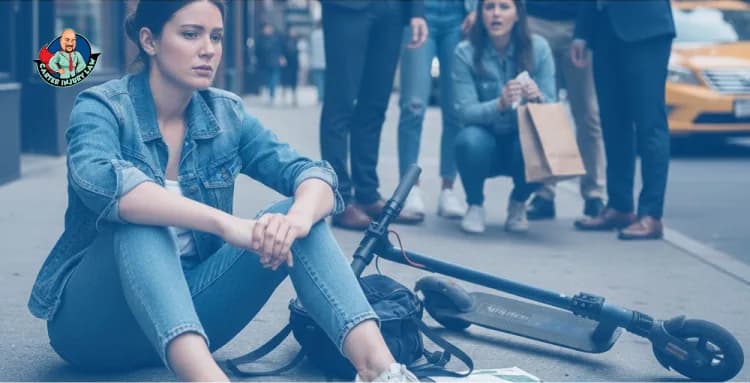I have watched more than one vacation end on a Florida street with the sound of an ambulance siren. Tourists come here to ride scooters along the beaches and city avenues, never expecting to leave with broken bones or worse. The law does not bend just because someone is on holiday, and in my work I see how quickly joy can turn into confusion.
When the crash happens, questions pile up faster than answers. Who pays the medical bills? Does insurance even apply? What if the rental company shrugs off responsibility? These are the questions I face with every new client, and too often the people asking them are far from home.
The truth is, a scooter accident in Florida looks simple from the outside, but the legal challenges are layered and unforgiving. The trickiest part is what comes next, the part most tourists never imagine until it is too late.
(1) The Laws Tourists Don’t Expect
I often meet clients who tell me they thought scooters were just like bicycles, free to ride wherever they pleased. Florida law is far more complicated. The state allows scooters and e-scooters, but local governments set their own rules. That means what is perfectly legal in Miami Beach might get you ticketed in Key West. Some cities ban scooters from sidewalks, others restrict them from certain streets, and many have specific speed limits that tourists rarely know about.
Another surprise is licensing. Gas-powered scooters above 50cc require a motorcycle endorsement, while smaller scooters and e-scooters often fall into a gray area. Many tourists ride without realizing they are technically unlicensed for the vehicle they rented. Rental companies may not explain this clearly, and tourists only find out after an accident when the police report is filed.
Then there are helmets. Florida does not require adult riders to wear one on most scooters, which tempts many tourists to skip protection. I can tell you from years of cases that this decision often leads to devastating head injuries. The absence of a helmet may not bar a claim, but it complicates both the injury and the legal battle afterward.
When you put all of this together, the pattern is clear. Tourists step onto Florida roads with half the rules hidden from view, and by the time they find out, it is already too late.
(2) Why Insurance Gets Complicated
When a tourist is injured on a scooter, the first shock usually comes at the hospital desk. Florida’s no-fault system, known as Personal Injury Protection or PIP, does not cover scooters. That means riders are often left without the automatic medical benefits that apply to car accidents.
Many assume their travel insurance will step in, but policies often exclude scooter and moped accidents entirely. Even when coverage exists, it may not apply in the United States or may require the rider to pay upfront before reimbursement. I have seen families blindsided by bills that stretch into the tens of thousands, with no clear path to payment.
Rental companies add another layer of confusion. Most carry only minimal liability coverage, and almost none protect the rider directly. In fact, the fine print usually shifts responsibility onto the tourist, leaving them exposed to claims if another person is injured.
My role is to trace every possible source of recovery, from the driver of the car that struck the scooter to underinsured motorist coverage hidden in a client’s own policy back home. The important thing is to understand that there are still legal ways to seek compensation even in cases where PIP is not applicable. The challenge is finding them before medical debt takes over.
(3) Injuries Far from Home
I have represented many clients who tell me the hardest part was not the accident itself; it was being injured in a place where nothing felt familiar. Tourists face the double burden of medical treatment and distance. A broken leg in your hometown is difficult enough, but a broken leg in Florida means hospitals you don’t know, doctors you may never see again, and a follow-up plan that vanishes once your flight leaves.
Costs climb quickly. Out-of-network billing leaves many with higher rates than they would pay at home. Even a single night in a Florida trauma center can add thousands of dollars to the total bill. Then comes the problem of ongoing care. Physical therapy, follow-up scans, and surgical check-ups often must be coordinated between Florida providers and physicians in another state or even another country. I have seen clients delay or skip vital care simply because the logistics became exhausting.
Families also suffer from the fatigue of travel. A vacation budget rarely includes the cost of extra hotel nights, last-minute flight changes, or missed work. The ripple effect of one scooter accident can reach far beyond the hospital room.
(4) Common Hazards on Florida Roads
Every state has its risks, but Florida adds its own mix of trouble for scooter riders. Tourists are especially vulnerable because they do not know the roads. The pavement looks smooth until a shallow pothole catches a front wheel. A painted crosswalk becomes slick after an afternoon shower. Small details that locals learn to avoid can catch a visitor completely off guard.
Traffic flow is another hidden danger. Drivers in busy tourist corridors rarely expect to share space with scooters. I have handled cases where a car cut across three lanes without looking or where a bus edged too close to the curb, forcing a scooter into the gutter. The scooter rider always comes out on the losing end of that equation.
Then there is the distraction that comes with sightseeing. I have seen tourists ride one-handed while holding a phone for photos or glance sideways at the ocean instead of the intersection ahead. It only takes a split second of inattention for a fun ride to turn into an emergency.
What strikes me most is how predictable these accidents are. The same patterns repeat, case after case, because the roads, the traffic, and the behavior do not change. What does change is the person lying in the hospital bed, and too often it is someone who came here for nothing more serious than sunshine and rest.
(5) How I Help After a Tourist Scooter Accident
When I sit across from a client who never planned to meet me, I see fear in their eyes about the hospital bills. I hear the worry in their voice about making it back to work or school. Most of all, I feel the weight of being far from home, in a place where nothing feels steady anymore.
That is why my work begins with listening. Every case is about a person whose life has been interrupted. From there, I take on the burden that no one should carry alone. I negotiate with insurance companies, I track down every source of compensation, and I stand between my client and the system that would otherwise swallow them whole.
I remind people you do not have to fight this battle all by yourself, and you do not pay me unless I win for you. Working on a contingency fee basis allows my clients to focus on healing instead of counting the hours of legal bills.
If you’ve been hurt on a scooter in Florida, it’s easy to feel lost, like the world has turned suddenly strange. Get in touch with me at Carter Injury Law. We'll discuss what went wrong, what can be done, and how to get things back on track. Your vacation may have taken an unexpected turn, but your future does not have to stay off course.




